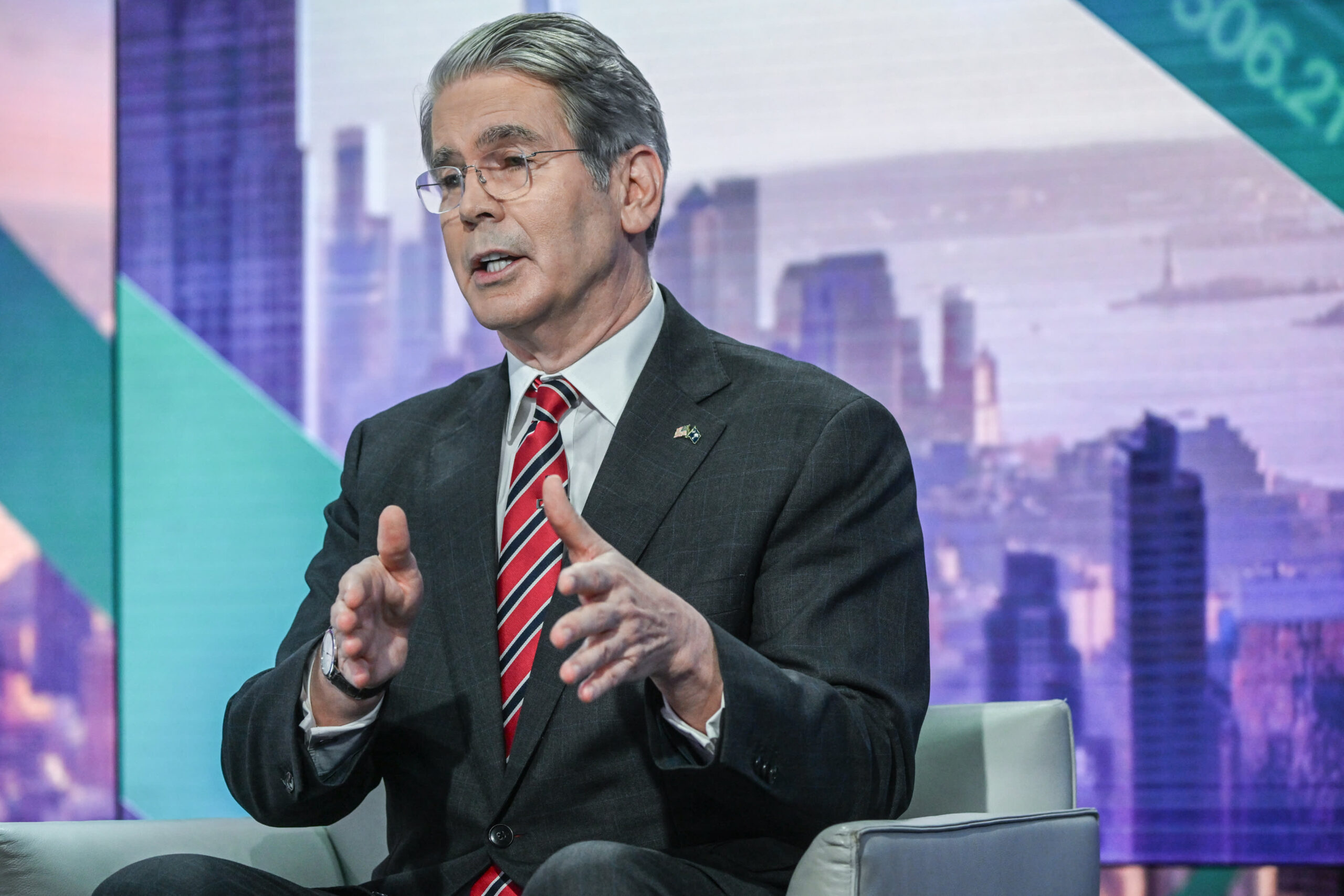PETALING JAYA: The Overnight Policy Rate (OPR) is expected to remain at 3%, given the muted rate of inflation in Malaysia despite uncertainty over the interest rate direction in the United States.
MIDF Amanah Investment Bank Bhd senior economist Abdul Mui’zz Morhalim did not expect any hike in the OPR because Malaysia’s inflation levels had remained under control.
“Recent data showed headline inflation remained unchanged at 1.8% year-on-year in March.
“The average inflation of 1.7% year-on-year in the first quarter of this year is also lower than Bank Negara’s forecast range of 2% to 3.5% for this year,” he told StarBiz.
He said the central bank would most likely focus on supporting the economy while keeping the OPR at 3%, which is currently at normal levels and supportive of economic growth.
Despite other central banks in Indonesia and the Philippines choosing to deliver a rate hike, Bank Negara is unlikely to follow suit.
“Changes in the monetary policy will be based on changes to domestic economic and price developments.
“In my view, the main consideration for OPR adjustment will be the strength of demand pressure.
“However, further tightening may unnecessarily cause the economy to slow down,” he said.
On what to expect from the Federal Open Market Committee’s (FOMC) meeting in the United States next month, Abdul Mui’zz said the funds rate is likely to be maintained.
“If the US Federal Reserve (Fed) decides to keep its ‘high-for-longer’ stance beyond 2024, this will be a downside risk to our ringgit outlook. Nevertheless, we do not expect any significant impact on growth or inflation outlook.
“Even though the ringgit weakened in the first few months this year, inflation remained low and the economy grew faster at 3.9% year-on-year in 1Q24,” he noted.
He added that should the ringgit weaken further, it would result in higher inflation as well as the reliance on imported food sources and feedstocks.
Bank Muamalat Malaysia Bhd chief economist Mohd Afzanizam Abdul Rashid said Bank Negara would stay put and be vigilant on inflation, as the upside risk of inflation is visible given the fuel subsidy rationalisation, the Employees Provident Fund (EPF) withdrawal and civil servants salary hike.
“The way we see it, the source of inflation is going to be locally driven, especially on policy changes with respect to subsidies, salary hike for civil servants and EPF withdrawals among others.
“On that note, it is Bank Negara’s duty to ensure that inflation expectation is well anchored in order to prevent inflation from accelerating,” he said.
Additionally, on the FOMC meeting, Mohd Afzanizam said its decision would set the stage for global interest rates.
“For now, they are still concerned about inflation, which has yet to reach the 2% target. But they’ve also squashed expectations of a rate hike so the next policy move will be to cut it.
“The question is when will the Fed eventually cut the rates,” he said.
Meanwhile, Centre for Market Education chief executive officer Carmelo Ferlito said while the higher than expected US inflation should push Bank Negara to increase rates, international pressures would push it in an opposite direction.
“I do not expect the Fed to cut rates in the short run, but I believe that international economic conditions and domestic data will weigh more on Bank Negara’s decision.
“It seems to me that the interest rate differential is not too much a determinant of the ringgit weakness.
“International uncertainty remains the most important factor, supported by the lack of policy clarity domestically.
“Bank Negara’s governor is right in advocating for structural reforms,” he said.
